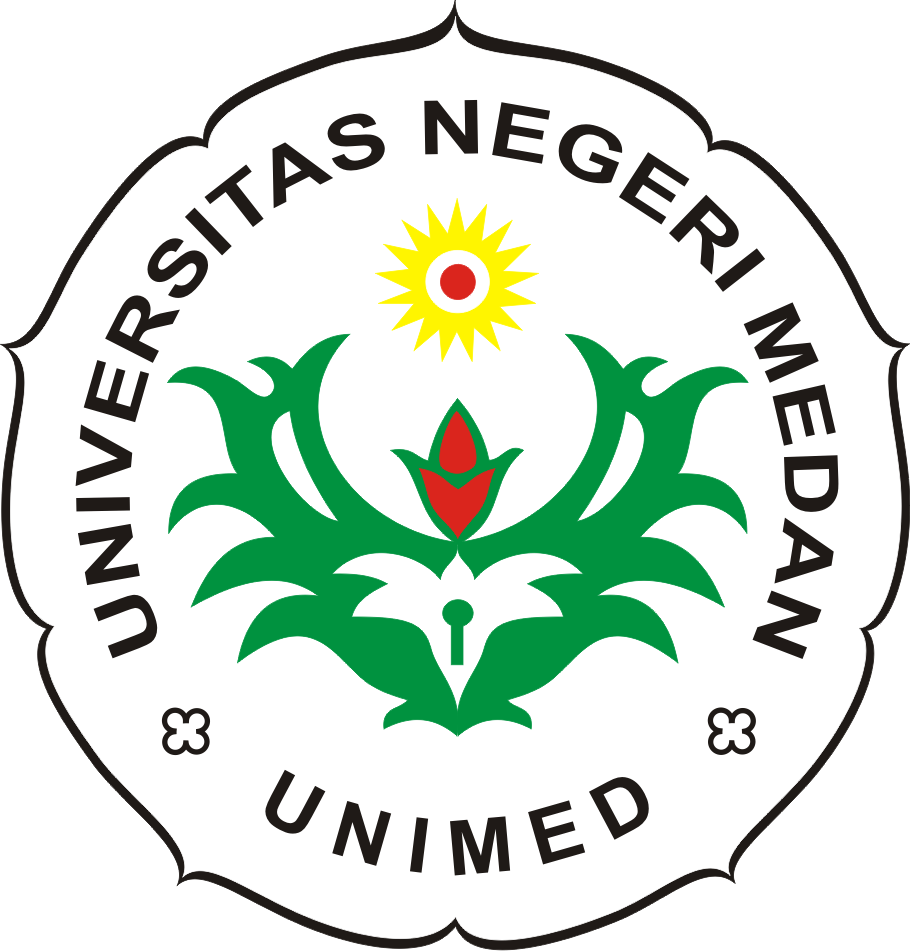THE EFFECT OF MIND MAPPING TECHNIQUE ON STUDENTS™ ACHIEVEMENT IN WRITING DESCRIPTIVE TEXT
DOI:
https://doi.org/10.24114/reg.v5i1.5262Abstract
This study was conducted as an attempt to discover the effect of Mind Mapping Technique on Students™ Achievement in Writing Descriptive Text. It was an experimental research. The subject was students of Grade VIII, Junior High School (SekolahMenengahPertama:SMP), which consisted of 207 students. The research was divided into two groups: experimental and control groups. The instrument used to collect the data was writing descriptive text. To obtain the reliability of the test, the writer applied William Knight formula. The result of the reliability was 0.95, and it was found that the test was reliable. The data were analyzed by using t-test formula. The analysis showed that the scores of the students in the experimental group were significantly higher than the scores of the students in the control group at the level of significant μ= 0.05 with the degree of freedom (Df) 72, t-observed value 3.510 > t-table value 1.9932. The findings indicate that using Mind Mapping Technique significantly affected the students™ writing achievement. So, English teachers are suggested to use Mind Mapping Technique in order to improve students™ writing achievement.Downloads
Published
Issue
Section
License
Authors who publish with this journal agree with the following terms:
- Authors retain copyright and grant the journal right of first publication with the work simultaneously licensed under a Creative Commons Attribution License that allows others to share the work with an acknowledgment of the work's authorship and initial publication in this journal.
- Authors are able to enter into separate, additional contractual arrangements for the non-exclusive distribution of the journal's published version of the work (e.g., post it to an institutional repository or publish it in a book), with an acknowledgement of its initial publication in this journal.
- Authors are permitted and encouraged to post their work online (e.g., in institutional repositories or on their website) prior to and during the submission process, as it can lead to productive exchanges, as well as earlier and greater citation of published work (See The Effect of Open Access).
- This work is licensed under a Creative Commons Attribution-ShareAlike 4.0 International License.






